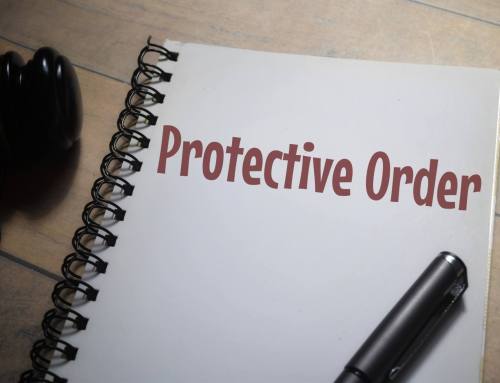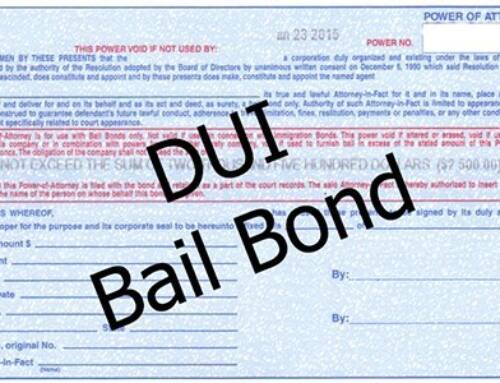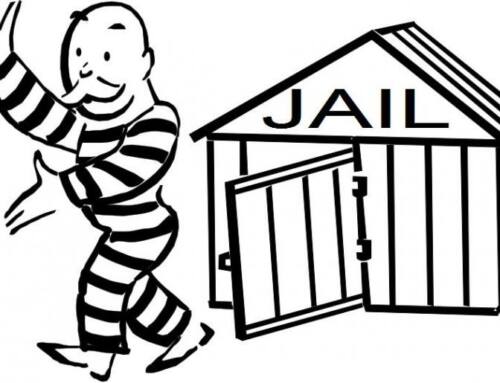Each county or state has a schedule of bails for any bailable offenses. A judge or a magistrate refers to this schedule to set the bail. Depending on the state, the schedule may be set each year by all court judges for the county.
Bail may be denied if the court thinks the public could be in danger if the defendant is released, if the crime is serious, if the defendant has a previous criminal record, or any combination of these criteria. The court must also know that the bail money was not obtained during the commission of a felony.
When setting bails, the court (judge or magistrate) takes into consideration the seriousness of the crime. The more serious the crime, the higher the bail is. Some defendants may not get a bail on serious crimes if the defendant is a repeat offender.
A repeat offender will get a higher bail, as the defendant cannot seem to stay out of trouble (it is assumed that the defendant will repeat the crime if he has previous offenses). The court will look at the defendant’s previous history to see if he or she has committed any of the same crimes and to see how serious any previous crimes were. If the defendant has no prior history but has committed a heinous crime, the fact that he or she has no prior history is not usually taken into consideration.
When a person is arrested, the arresting agency will check for any warrants. If there are warrants out for his or her arrest, the defendant may end up with a higher bail or no bail at all, depending on both the severity of the current crime and the previous crimes for which there are warrants.
The court will also look at the defendant’s standing in the community. This standing is decided by whether the defendant owns a home, his or her employment status, how long he or she has been living in the community, and whether he or she has family within the community.
Sometimes, the court will look at whether the defendant hires or attempts to hire a private attorney and whether the defendant will voluntarily turn him- or herself in. If the court has a criminal justice agency, it will interview the defendant and make a recommendation to the court regarding bail. Whether the court uses the recommendation is not known (depending on the individual court), as judges are not bound by the recommendations. If the court in the defendant’s state or county has a program, the defendant should be interviewed, as it may shed some good light on the bail issue. Each individual judge has a lot of discretion when setting bails.
Please visit our website for more information www.lightningbail.com or call us at 702-333-2663





